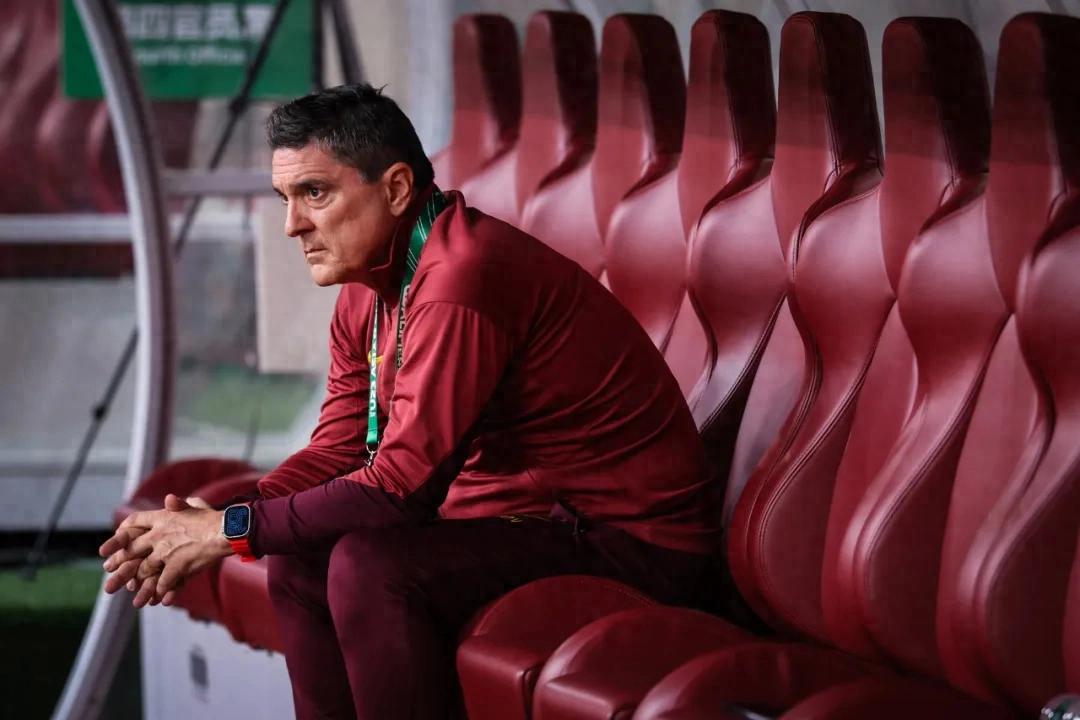
Reporter Lu Mi reports At 19:35 on September 9th, the Xi’an International Football Center will witness the final showdown of Group D in the U23 Asian Cup qualifiers, where the U22 Chinese team faces Australia head-to-head to decide the top spot. For the hosts, this match serves as a real measure of their capabilities following an 11-goal advantage and a chance to end a 12-year drought against the Australian “demons.” Facing a powerful opponent who has scored 20 goals in two matches, Antonio and his squad must achieve breakthroughs both tactically and mentally.
The U22 Chinese team won their first two matches, earning 6 points just like Australia, but they rank second in the group due to an inferior goal difference. In their opening game against East Timor, the team had 16 shots but converted only two, showing inefficiency in attack. Moreover, their relaxed mentality after taking the lead allowed the opponent to score once back.
After the first match, issues such as “lack of offensive power” and “rigid tactics” became the focus of external criticism.
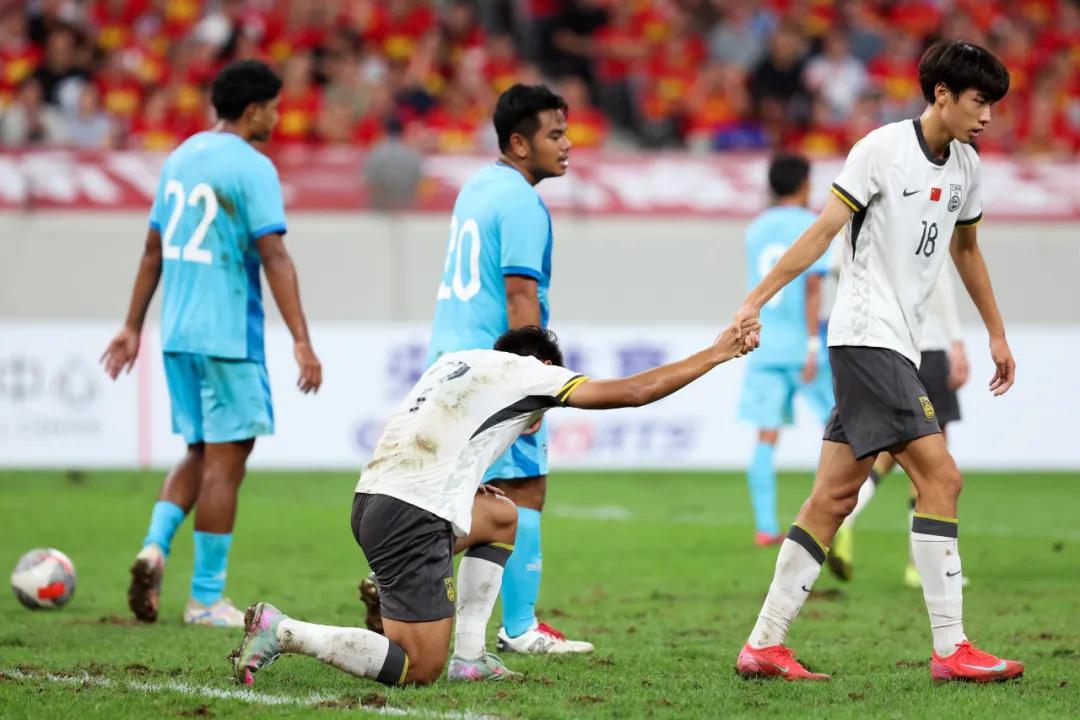
In the second match against the amateur North Mariana Islands team, the U22 Chinese side staged a goal feast but endured a tough first half. They took 53 shots in total and won 10-0, yet only scored once from 21 attempts in the first half, which was still awkward. Major lineup rotations led to unfamiliar coordination and a lack of tactical adjustments against dense defense. In the second half, Antonio brought on Wang Yudong, who created five goals, rescuing the team with 2 goals and 3 assists, showcasing his personal skills but also highlighting the team’s overreliance on individual talent.
After two games, the U22 Chinese team sits second in the group with an 11-goal difference, but the data reveals deeper problems. Against vastly inferior opponents, Wang Yudong is the only standout. How to turn the offensive firepower shown against weak teams into effective output in tough matches is the key question before facing Australia.
Australia scored 20 goals in their first two matches with high attacking efficiency. They excel in physical confrontations, quick transitions, and strong wing attacks. When asked how to deal with them, Antonio said: “All the data shows they are very strong. Our only option is to focus on ourselves and prepare thoroughly. We have experience against strong teams and will make it difficult for them.”
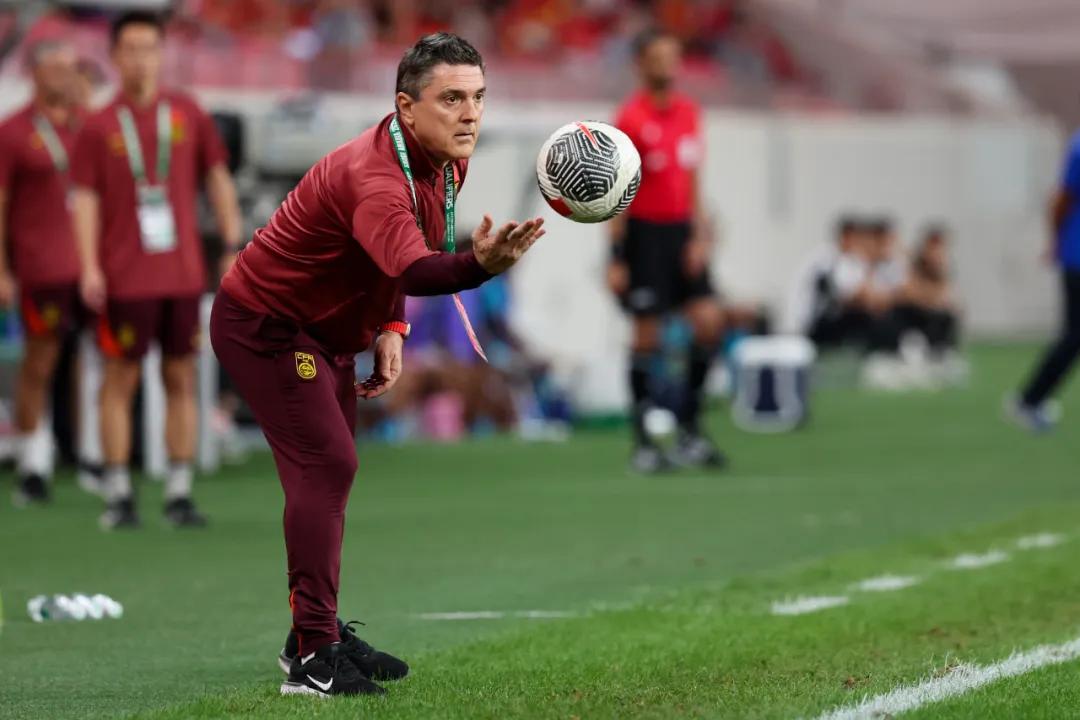
Antonio stated that the team will focus on recovery, strengthening both body and mind, and preparing well. “Every match is different, and opponents have different characteristics. We take all three games seriously, and we want to give the players more confidence.” For the U22 team, this match requires precise execution of the coaching staff’s tactics under the objective of winning.
“There is a statistic that no Chinese national team at any level has beaten Australia in an official match in the past 12 years. This team is very strong,” Antonio said.
The last time a Chinese national team defeated Australia was in July 2013 at the East Asian Cup, when China won 4-3. A positive note for the U22 team is that Australia’s star player, Segocic from Portsmouth in the English Championship, is absent.
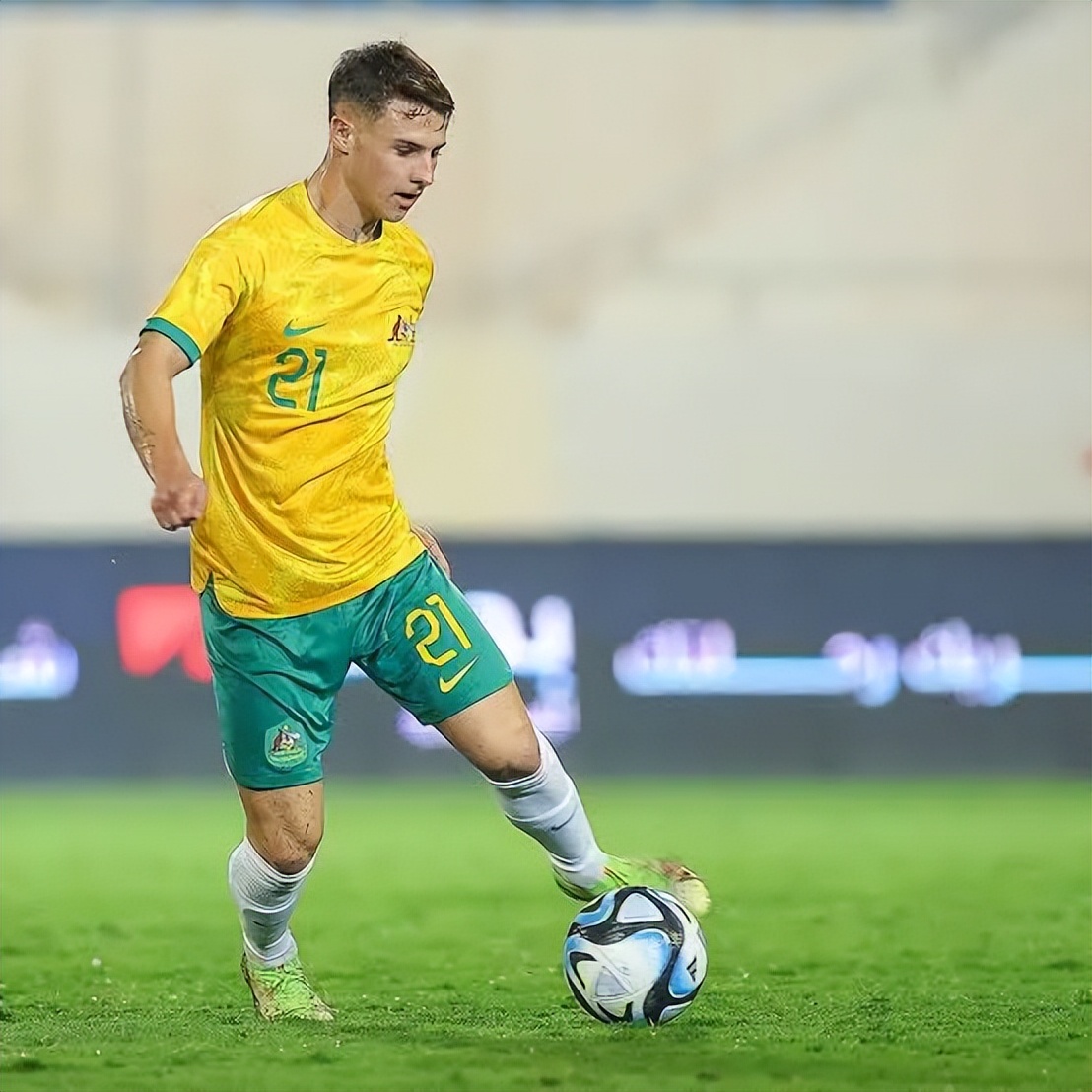
Considering the absence of the opponent’s key player and the home advantage, the U22 Chinese team needs to focus more on tactical strategies. Unlike the aggressive style in the first two games, this match requires solid defense: first, to limit Australia’s midfield passing; second, to improve aerial defense against their wing breakthroughs and crosses, reducing unnecessary pressing errors. Additionally, they must enhance transition efficiency. Although Australia is physically strong, their turning speed is relatively slow. Wang Yudong’s runs and Bai Helamu’s wing speed will be key counterattack weapons. Especially Wang Yudong, who must take on more linking responsibilities upfront, while other forwards like Xiang Yuwang need to improve shooting efficiency to avoid repeating past mistakes.
Of course, psychological battles are equally important. The U22 team must avoid two extremes: neither becoming complacent after the 10-0 win and assuming qualification is secure (in fact, failing to gain points in this match could mean elimination), nor being crushed by the “12-year winless” burden. Referring to the adjustments made in the second half of the previous game, maintaining focus for the full 90 minutes is crucial, especially if leading, to prevent relaxation. The entire team’s tactical mindset must be unified—some cannot be focused on attack while others on defense. Antonio needs to command cohesion.
Besides deciding qualification, this match carries other significance—it tests the progress of these players through league experience and offers fans a chance to regain confidence in the national team. Regardless of the outcome, the U22 Chinese team must demonstrate their level, capability, and fighting spirit.
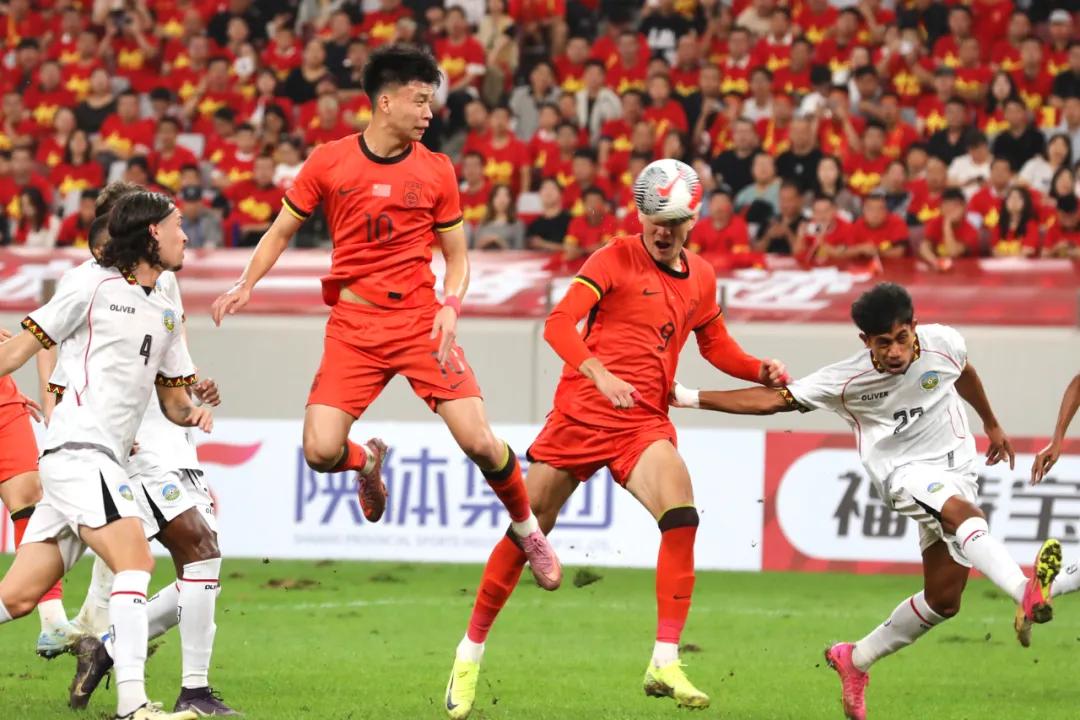




















 Links
Links
 Contact
Contact
 App
App


